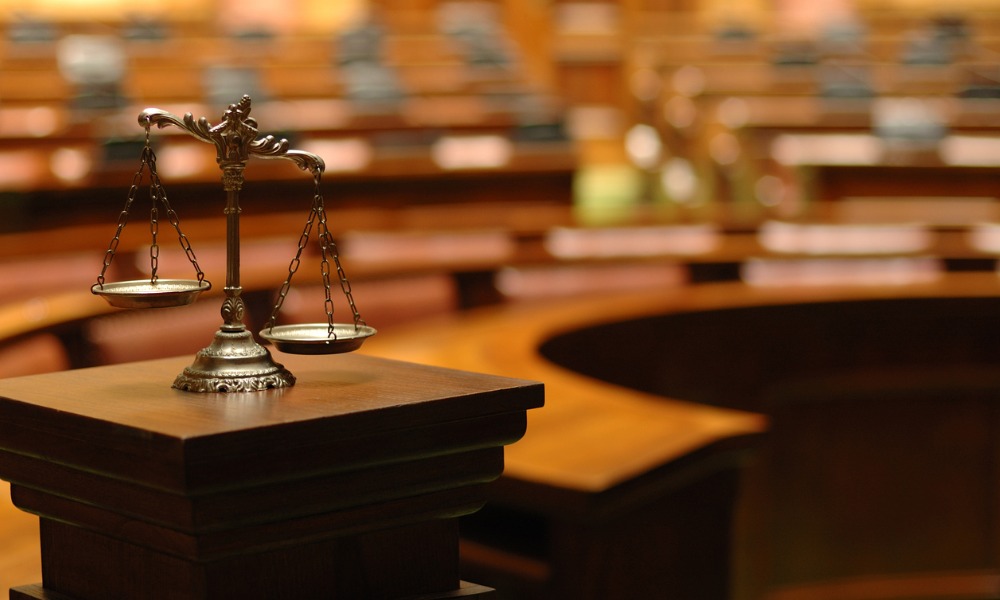
Only the most exceptional cases should be allowed to be shrouded in secrecy, peak legal body says

The Law Council of Australia is backing a probe of secret trials in Australia, saying that open justice is fundamental to the legal system.
The comment comes after the Independent National Security Legislation Monitor (INSLM) announced Monday that it is conducting an “own motion” review of the National Security Information (Criminal and Civil Proceedings) Act 2004 (Cth) (NSI Act).
The review of the NSI Act comes after the case of “Alan Johns” or “Witness J,” whose trial and conviction would not have been revealed last year if not for curious journalists from the ABC and The Canberra Times who shed light on the case.
The trial in the Supreme Court of the Australian Capital Territory, which resulted in “Witness J” being sentenced to two years and seven months for “mishandling classified information,” was kept secret. Invoking the NSI Act, the government and the legal system agreed on the suppression to protect national security.
Secret trials in modern Australia
All the secrecy surrounding “Witness J’s” trial has prompted Dr James Renwick SC to commence the review, with the INSLM wondering how this specific case could happen in a modern Australia.
“The INSLM has commenced this review in light of the publicly known facts which reveal that there has been an apparently unique set of circumstances in modern Australia where a person was charged, arraigned, pleaded guilty, sentenced and served his sentence with minimal public knowledge of the details of the crime, as a result of consent orders which were not the subject of published judicial reasons,” the INSLM said.
The monitor said that there is a great deal of public speculation about the nature of the charges and convictions, and the evidence supporting the case, against “Witness J.”
It said, however, that the review will examine the operation of the NSI Act in the specific case, and not the operation, effectiveness, and implications of the whole act. The monitor said, nonetheless, that though it has no authority to disclose classified matters, the review will be thorough and will include all relevant materials, including the charges, evidence, submissions, and transcripts of the closed proceedings.
‘Anathema to open justice”
Law Council President Pauline Wright said that the nation’s peak body for the legal profession welcomes the review “because secret trials are anathema to open justice.”
Wright said that secrecy or suppression may be appropriate in rare instances, which have been appropriately deliberated upon. The review will ensure that the suppression of disclosure or publication of judgments, convictions, sentences, and sentencing remarks is reserved for only the most exceptional cases.
The trial of “Witness J” is of great concern to the legal profession, Wright said, because of the importance of open justice to the judicial system.
“Open justice is one of the fundamental attributes of a fair trial. It is a fundamental rule of the common law that the administration of justice must take place in an open court,” she said. “The secrecy in these proceedings appears to be a disproportionate response to the requirements of the administration of justice and is in direct contravention to the Australia’s international human rights obligations.”
She said that it is important to know the extent to which secret trials are being held, as well as the reasons why there was a need for them in each case.